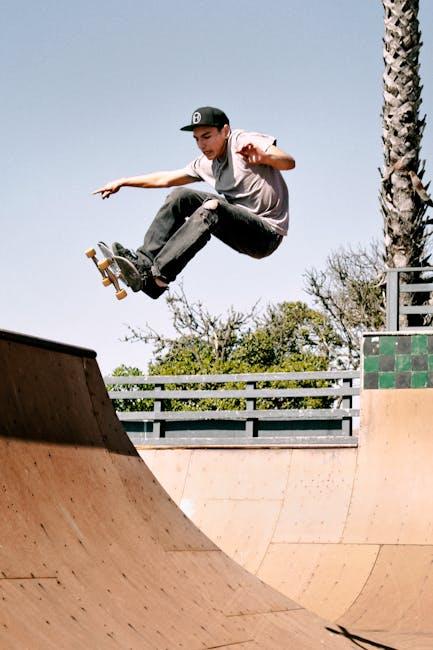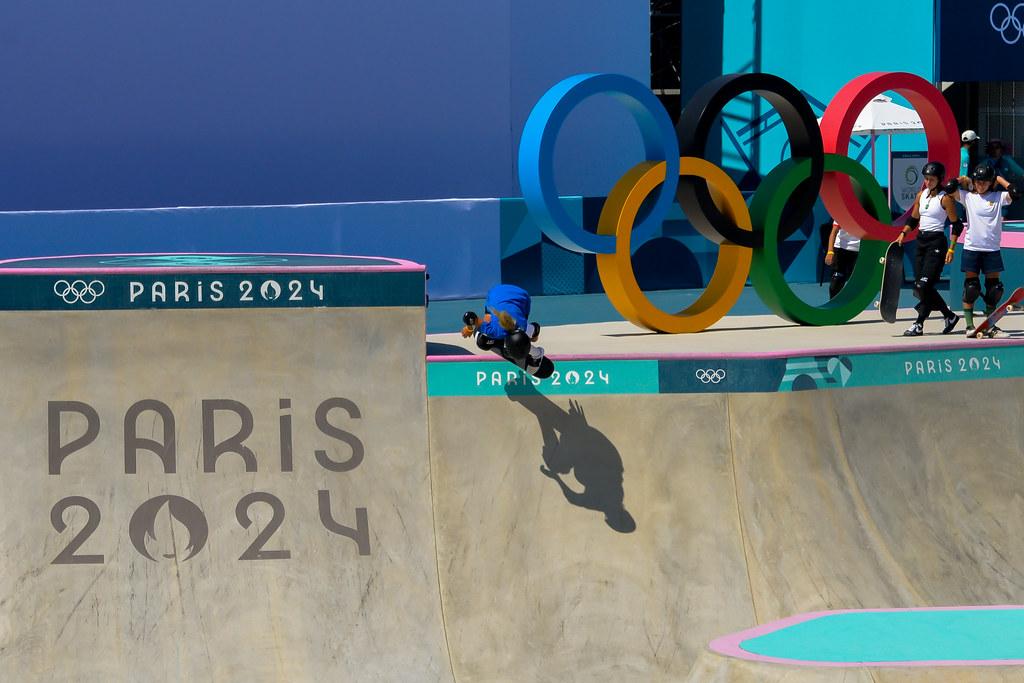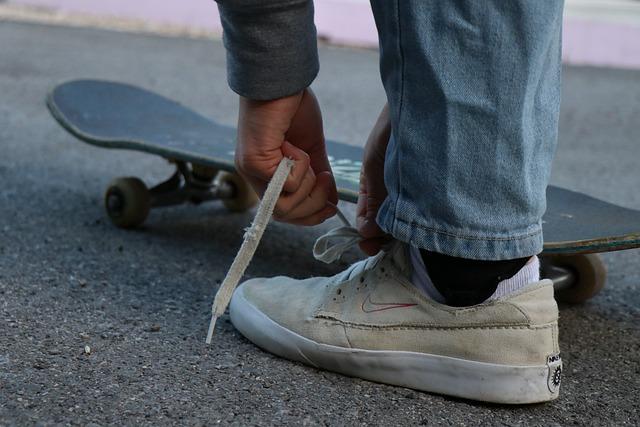The inclusion of skateboarding in the Olympic Games has sparked a vigorous debate among athletes, enthusiasts, and industry stakeholders. As the sport made its historic debut at the Tokyo 2020 Olympics, questions have emerged regarding the implications of this global recognition. Proponents argue that Olympic exposure offers unparalleled opportunities for growth, legitimacy, and increased participation, potentially transforming skateboarding from a subculture into a mainstream athletic discipline. Critics, however, contend that such institutionalization risks diluting the sport’s rebellious ethos, reducing it to a commercial spectacle driven primarily by profit motives. This article delves into the multifaceted impact of skateboarding’s Olympic inclusion, examining whether it serves as a catalyst for the sport’s development or merely a vehicle for financial gain. By exploring perspectives from athletes, industry experts, and cultural commentators, we aim to unravel the complexities surrounding this contentious issue and assess its long-term consequences for skateboarding’s identity and future. Skateboarding Culture and Identity”>
Skateboarding Culture and Identity”>
Impact on Skateboarding Culture and Identity
The inclusion of skateboarding in the Olympics has undeniably reshaped the cultural landscape of the sport, fostering both excitement and apprehension within the community. On one hand, the Olympics have provided a global stage for skateboarders, allowing them to showcase their skills to a broader audience and gain the recognition they deserve. This exposure has the potential to inspire a new generation of skaters, encouraging diversity and innovation within the sport. Skateboarding’s roots in rebellion and individualism now face the challenge of blending with the formalities of Olympic competition, creating a unique cultural juxtaposition.
However, this global spotlight also raises concerns about the sport’s identity. Many fear that the commercialization and regulation associated with Olympic inclusion may dilute skateboarding’s core ethos. Key aspects of skateboarding culture at risk include:
- Authenticity: The underground, counter-culture spirit that has defined skateboarding for decades may be overshadowed by mainstream acceptance.
- Creativity: The emphasis on standardized tricks and scores could limit the artistic expression that many skaters cherish.
- Community: A shift towards professionalization might alienate grassroots skaters who prioritize camaraderie over competition.
The challenge lies in balancing these influences, ensuring that skateboarding’s Olympic journey enriches rather than erodes its vibrant culture and identity.
Economic Implications for the Skateboarding Industry
The inclusion of skateboarding in the Olympics has undeniably brought significant economic implications for the industry. This global platform has provided skateboard brands with unprecedented visibility, allowing them to tap into new markets and attract a broader audience. Sponsorship deals have surged as brands seek to associate themselves with the sport’s newfound prestige. Additionally, the increased media coverage has led to a spike in sales of skateboarding gear, from boards to apparel, benefiting manufacturers and retailers alike.
- Rise in Merchandise Sales: The Olympic spotlight has driven up demand for skateboarding products, contributing to higher sales volumes.
- Sponsorship Opportunities: With more eyes on the sport, companies are investing in sponsorships, enhancing financial support for athletes and events.
- Market Expansion: Exposure through the Olympics has introduced skateboarding to countries and demographics previously unengaged with the sport.
However, while these economic benefits are clear, they also raise questions about the authenticity and core values of skateboarding. As commercial interests grow, the balance between profit and preserving the sport’s grassroots culture becomes crucial.

Evaluating the Benefits for Professional Skateboarders
The inclusion of skateboarding in the Olympics brings several advantages for professional skateboarders. Visibility is one of the most significant benefits, as the Olympics provide a global platform for skaters to showcase their talent to a wider audience than ever before. This increased exposure can lead to enhanced sponsorship opportunities and the chance to build personal brands beyond niche markets. As a result, skateboarders can potentially secure more lucrative deals and endorsements.
Furthermore, the Olympic stage elevates skateboarding’s status as a legitimate sport, which can lead to increased funding and resources for athletes. This support can be crucial in providing skateboarders with better training facilities, coaching, and equipment. Additionally, being recognized as Olympians can help professional skateboarders gain athletic scholarships and access to programs that were previously unavailable to them. the Olympic inclusion fosters a more structured environment that can help athletes develop their careers and skills.

Strategic Recommendations for Sustainable Growth in Skateboarding
To ensure sustainable growth in skateboarding, it’s crucial to focus on fostering both the grassroots and professional levels of the sport. This dual approach can be achieved by implementing strategic recommendations that balance the spirit of skateboarding with its commercial potential. Key strategies include:
- Investment in Local Skate Parks: Encourage public and private partnerships to build and maintain skate parks, ensuring they are accessible to all communities. This not only nurtures new talent but also preserves the inclusive nature of skateboarding.
- Support for Skateboarding Education Programs: Develop educational initiatives and workshops aimed at teaching skateboarding skills and safety, as well as the sport’s cultural significance. These programs can help integrate skateboarding into schools and community centers, broadening its appeal and accessibility.
- Collaboration with Athletes: Engage professional skateboarders in the decision-making process to ensure that their perspectives and experiences shape the sport’s evolution. This can help maintain authenticity and keep the community-driven ethos at the forefront.
- Sustainable Brand Partnerships: Form alliances with brands that prioritize sustainability and ethical practices, aligning skateboarding’s growth with environmental and social responsibility. This not only enhances brand credibility but also attracts a conscientious audience.
By adopting these strategies, stakeholders can ensure that the sport remains true to its roots while embracing the opportunities presented by its Olympic inclusion. This balanced approach is essential for cultivating a thriving skateboarding community that benefits all involved.










